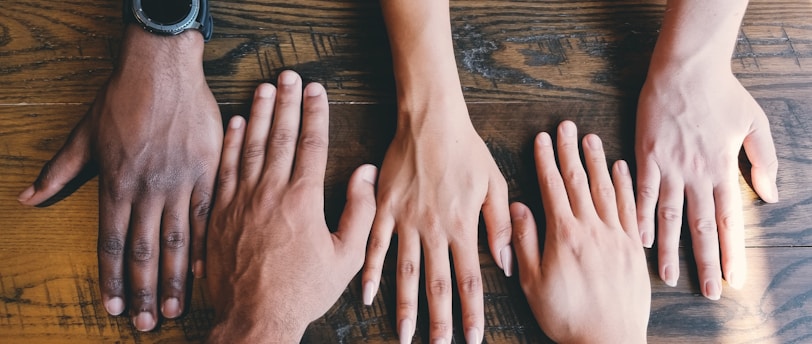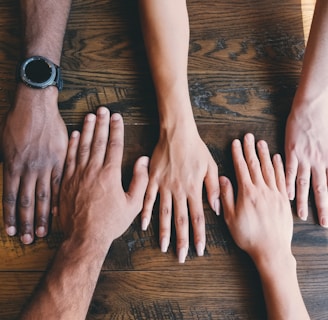Racism from Another Lens
As an English-speaking white male married into a Mexican-American family, I’ve spent a lifetime witnessing racism and sexism—often because others assumed I shared their flawed perspectives. People sometimes assume I believe what they do, but that’s never the case when it comes to racism or sexism.
Bryan Wempen
6/8/20202 min read


As an English-speaking white male married into a Mexican-American family, I’ve spent a lifetime witnessing racism and sexism—often because others assumed I shared their flawed perspectives. People sometimes think I believe what they do, but that’s never the case when it comes to racism or sexism. Through these experiences, I’ve encountered firsthand the hate and bias that persist today, and I’ve learned to take action whenever possible to stop such behavior.
It still shocks me today, just as it did the first time I encountered systemic racism in business 25 years ago. Not coincidentally, the most diverse team I led outperformed everyone else. We even chose to stop doing business with specific clients because of their discriminatory behavior. That was the first time I had the opportunity to discuss and stand for what was right. There is no place in my life for HATE.
While living in the South (though not to suggest it holds a monopoly on hate), my eyes were opened to the pervasive influence of hate groups and individuals. As a young professional, I found myself unsupported by management when I wanted to stop doing business with a company that only wanted white contractors. The request was made using the N-word as casually as one might say "good morning." I was stunned. After a pause, I asked again, thinking I’d misheard—but I hadn’t. Fortunately, I didn’t cave to the pressure. I terminated the contract and documented the racist conversation and request. This incident wasn’t isolated; it happened while living in Atlanta and again while working in Columbus, Lawrenceville, Marietta, Georgia, and several other cities in Louisiana.
I hope my approach to these situations helps stop such behavior and educates people on how deeply hurtful and damaging racism and sexism are—not just to individuals but to society as a whole. We all have our own struggles and must work through them, but skin color should never be a criterion for decision-making. It isn’t something we can change or should even discuss changing. This should be obvious, yet ignorance and fear make it otherwise.
RESPECT people. Please get to know them. Connect with them. Only then can proper understanding begin.
I share this reflection because of current world events. We live through a time of intentional division driven by economic and political gains, which have only heightened over the past few years. My hope and commitment are to keep learning how to act in the moment—to confront and stop racism, sexism, and classism when I see it and to educate those who dismiss bias with excuses like, “It’s just how they are.”
I’ve had the privilege of being surrounded by diverse friends and family from various cultures: Latin, Mexican-American, Native American, African, European, Asian-American, South American, Chinese, Indian, African-American, and more. These relationships have deepened my love and respect for the human family, and I’m thankful for technology—Zoom, WhatsApp, and social media—that allows us to stay connected.
Looking ahead to the next 50 years, I’m eager to keep learning and filling the gaps in my understanding of cultures I still don’t know much about. My commitment remains the same: to stand up against racism, classism, and sexism and to continue helping others understand why these issues matter. We are in this world together, I hope we start acting like it. #ImproveTheWorld #Equality #HumanFamily
-Bryan
Connect with Bryan
One positive aspect of social media is the opportunity to connect with people and share experiences with individuals whom you might not have otherwise been able to reach.
Create Together?
Let's Connect!
505-816-8130
© 2025. All rights reserved. Cerrillos Road Holdings, LLC.
